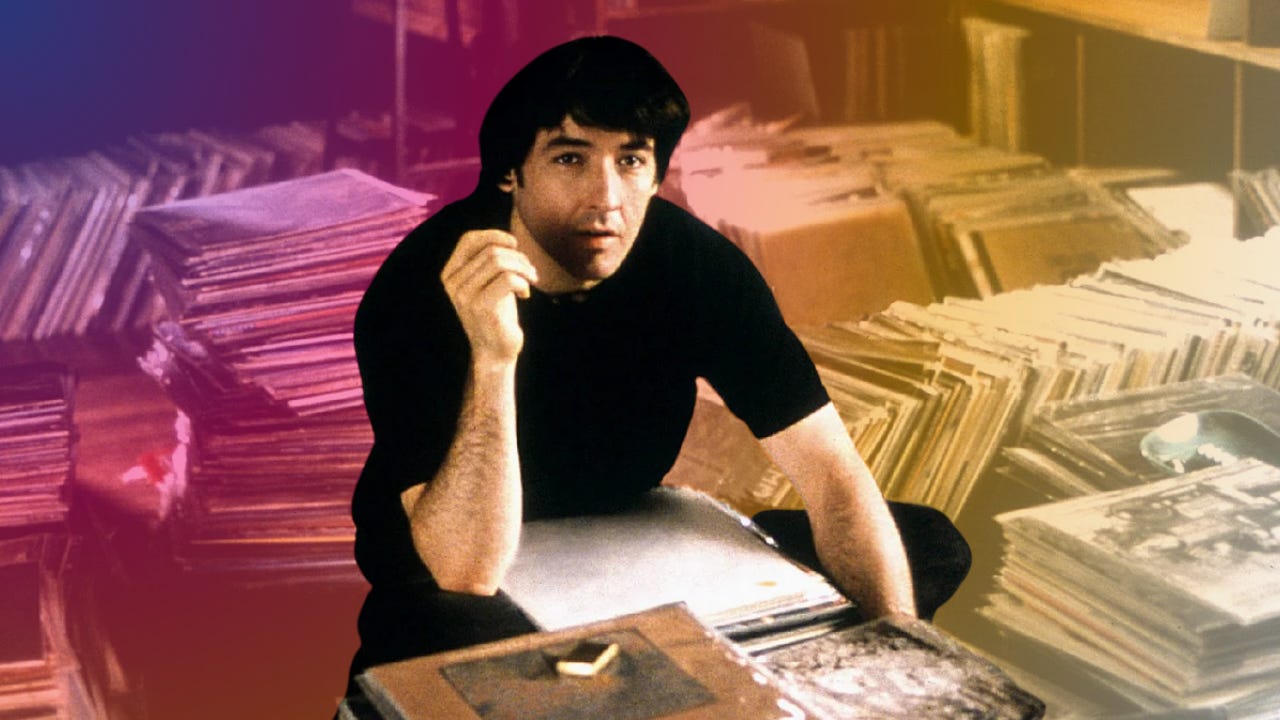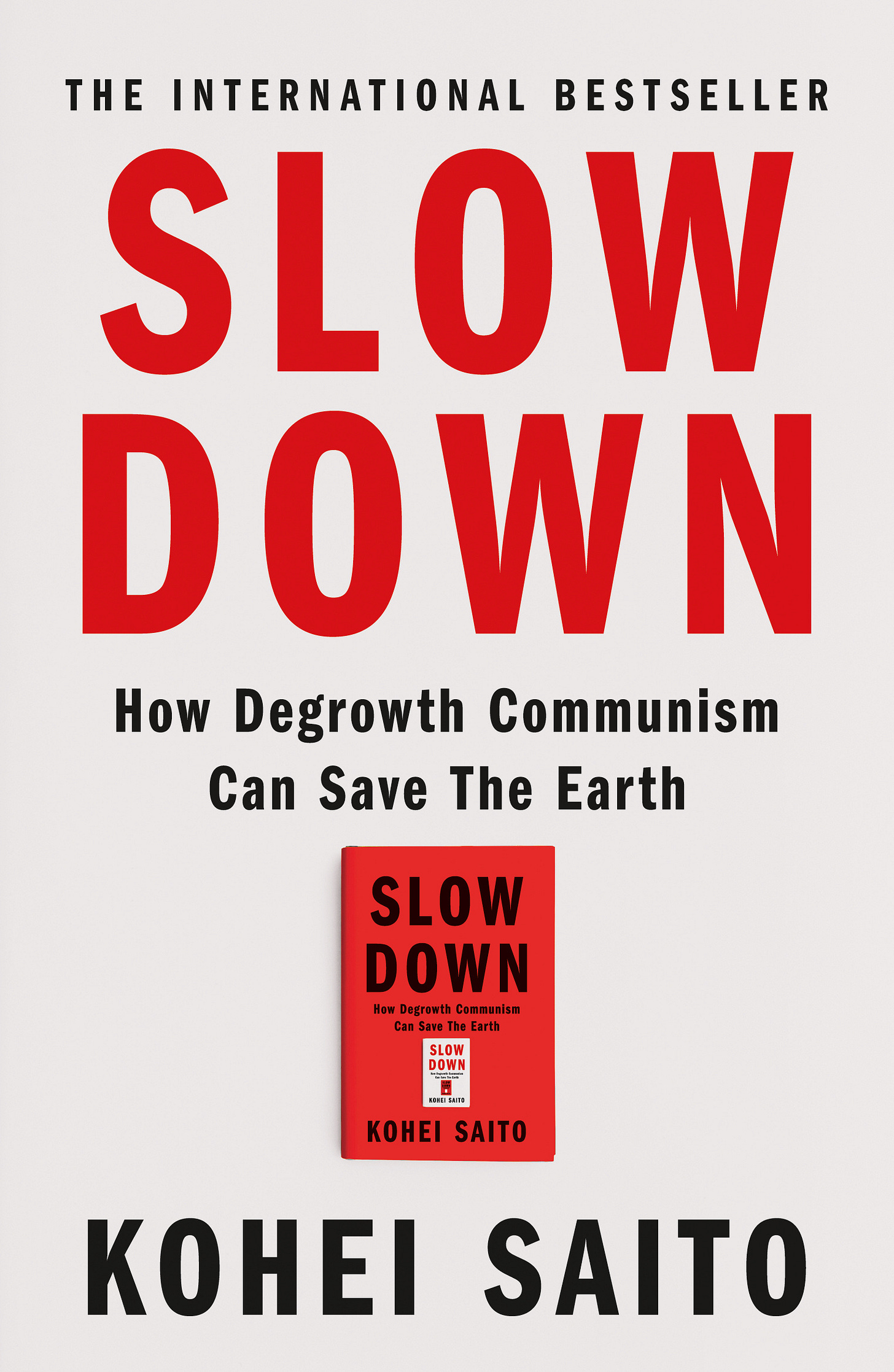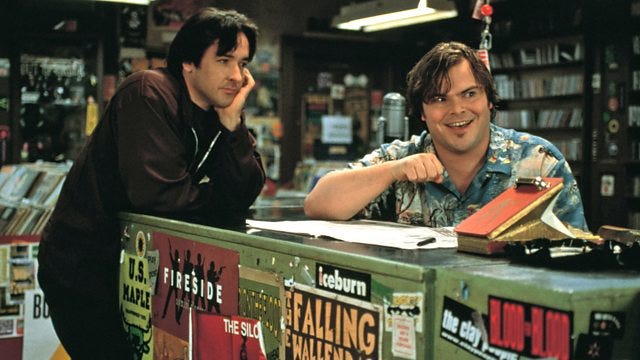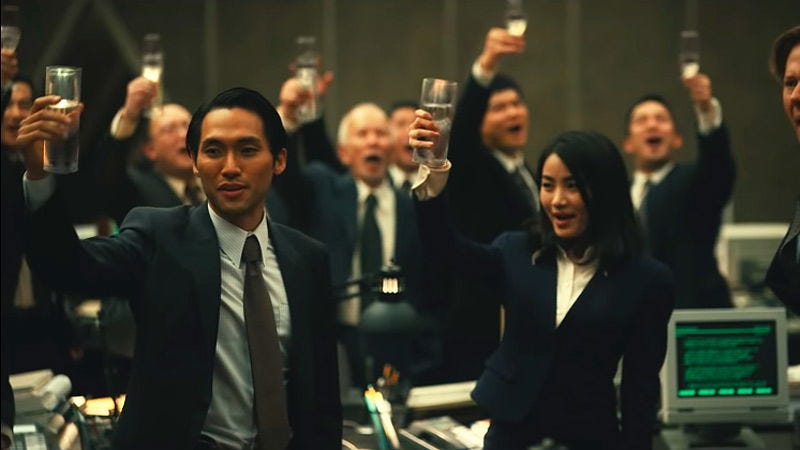Is physical media the solution?
Why the 'physical media matters' discourse doesn't really convince me
Open any social media and you'll find someone telling us to ditch streaming services like Netflix and Spotify for DVDs, vinyl, CDs, and Blu-rays. This sentiment comes from frustration with streaming platforms and the desire to get back to simpler times. A time when we couldn't access every song ever produced and tens of thousands of movies and TV shows at any given time.
It’s easy to accept this argument, especially because there are many reasons to be frustrated with streaming1:
Content is scattered across more platforms than ever.
Prices keep rising, rules keep changing, and perks like account sharing are gone.
Quality is declining, with many shows designed to be background noise while scrolling through TikTok or Instagram.
Titles can disappear from catalogs at any time.
And don't get me started on Spotify. It has disrupted the music industry, making it increasingly difficult for artists to survive while the company profits and pushes AI-generated music to cut costs even further. Considering how these companies have damaged creative industries and artists, it's no surprise people want to stop funding them.
Physical media has its charm. Take DVDs and Blu-rays for example. They come in well-designed boxes, with extras such as interviews, behind-the-scenes footage, and even games — and you can find them cheap in charity shops. Buying second-hand from charities like Oxfam supports good causes and feels like a small rebellion against streaming CEOs. But let’s be honest: this push for physical media is about boosting sales, not charity. It’s also not a perfect solution, financially or environmentally. While it can encourage mindful consumption, it can just as easily lead to more clutter.
The argument often centers on ownership: when you stream, you don’t truly own anything. But do we need to own every piece of media we enjoy? Art is meant to be experienced, not hoarded. If a title disappears from a streaming platform, does it really diminish its impact? Think of movies or cartoons from your childhood that you can’t find today, are they any less special?
That said, if owning the seven seasons of Gilmore Girls on Blu-ray brings you peace of mind, go for it. But it’s not a cure-all for streaming’s problems. It’s unsustainable because we’ll always crave new stories. Buying what you already love doesn’t solve the issue of discovering new content without streaming or piracy.
Let's say I want to watch Beetlejuice Beetlejuice. I’m only mildly curious about it, so streaming it on HBO Max makes sense. Buying the Blu-ray costs €18 —two month's worth of Max — and involves plastic production, shipping, and delivery. Is it worth it for a one-time watch? Multiply that by every movie you’re curious about, every weekend, and it’s hardly sustainable.
Some argue, “We did it in the past, why not now?” True, but back then, we rented from Blockbuster, went to the cinema, or watched on TV. We only bought what we truly loved after multiple views. Now, Blockbuster is gone, cinemas are expensive, and media is fragmented across streaming platforms. How do you know if a movie or show is worth owning before buying it? How do you avoid clutter?
One idea is to rent digitally and buy physical copies of favorites. But renting can be pricey, and the options are limited to Amazon, Google, and Apple. Hardly sticking it to the man. And even in the past, many CDs and DVDs gathered dust on shelves. Nostalgia glosses over that reality.
The lack of opposition to the physical media trend surprises me. It’s costly, fills homes with plastic, and generates waste. It’s not about consuming less, it’s about having an item you can hold in your hands. That's hardly a real solution. The key is to appreciate what you already have and consume mindfully.
Do we really need 24/7 access to every episode of Seinfeld? Probably not.
If you’re set on owning physical media, why not share with friends and create a collective library? You’ll have more to watch, spend less, and build something communal. Or, you know, use libraries. Borrowing a DVD for free is better than buying it, right?
Here’s what I’ve been doing: going to the cinema more, rotating streaming subscriptions, and planning to finally sign up for my local library. If I can’t find something I really want to watch2, I’ll watch it online on Dopebox or The Internet Archive.
But telling everyone to buy hundreds of movies3 as a solution to streaming’s many faults? That only helps Amazon and Walmart, not you or the planet.
Slow Down: How Degrowth Communism can Save the Earth by Kohei Saito
I know a lot of people will be off-put by the word communism or even how much Kohei Saito talks about Marxism in this book, but if you are interested in these topics, I recommend reading this book. It touches on the need for changing the system so we can live on a healthier planet and future. He advocates creating and fighting for places that offer free common resources, like The Internet Archive. We also need to consume less, especially for us living in the Global North. We need to degrow the economy, because it's impossible to grow infinitely on a finite planet.
High Fidelity (2000)
Let's be honest, many millennials only own vinyl for the cool vibes it gives. Maybe you were influenced by this movie and I don't blame you. It's hard not to want to start collecting them and feel a nostalgia for music stores after watching High Fidelity. It tells the story of Rob, a man in his thirties who questions his life after being through many break-ups in which his girlfriends left him for other men. As he recounts his bad experiences, we the public — and slowly him — realize he kept having the same experience because he was the problem.
You probably noticed that Apple+ is now part of my streaming rotation and I have been finding some excellent TV there. One of the series I'm really enjoying is Pachinko, based on the book of the same name by Min Jin Lee. It follows a Korean family through three generations led first by Sunja, a woman who immigrated to Japan at the beginning of the 20th century. This was while Korea was still under Japanese control. Their many struggles are also accompanied by generational crashes. The stories, actors, and dialogues are all very good, as well as the wonderful knowledge you can gain about this part of the world.
The frustration includes video and music streaming but also video game companies, which I don't discuss on the text. Most games only exists online now, and there's a call to also own physically the games we buy.
Which can happen even if you pay for three or four video streaming platforms.
And cassettes, vinyls, CDs, Blu-rays, video games…











The same principle can apply to books and while I am ok with not owning a physical copy of an album or film I love, I seem unable to do the same with books and I must own them. I try to buy mostly second-hand to limit the damage, but still.
You've pointed at something that it's very true: the need for ownership in a world where it seems more and more things are only temporary, but also the seemingly endless offer digital entertainment has created and the fear of something disappearing for good unless we own it physically.
It's interesting how we used to own less things pre-Internet as we felt they would be still around in a few years' time and therefore there wasn't the pressure to possess them. There was also a lot less on offer, which probably is a contributing factor, and we could focus our attention a lot better on a new film or album, which probably would be available at the cinema or played at the radio for months (instead of weeks when not days) and therefore we were able to make an informed decision about what we truly wanted to be ours.
Which is a nice segue for High Fidelity and a man who owns a record shop :) I must have read the novel on which the movie is based about five times (by the way Nick Hornby is also on Substack) and it only gets better and better with time. It is so good in fact that I own two copies of it 😂
I wish blockbusters still existed, though I'm sure that would come with its own problems. I definitely like owning physical media, but I agree I don't think it's THE solution. Maybe it can be a small part of it. The library is definitely a great place to go and a lot of them let you put DVDs on hold so you don't even have to go to the shelf to find it!